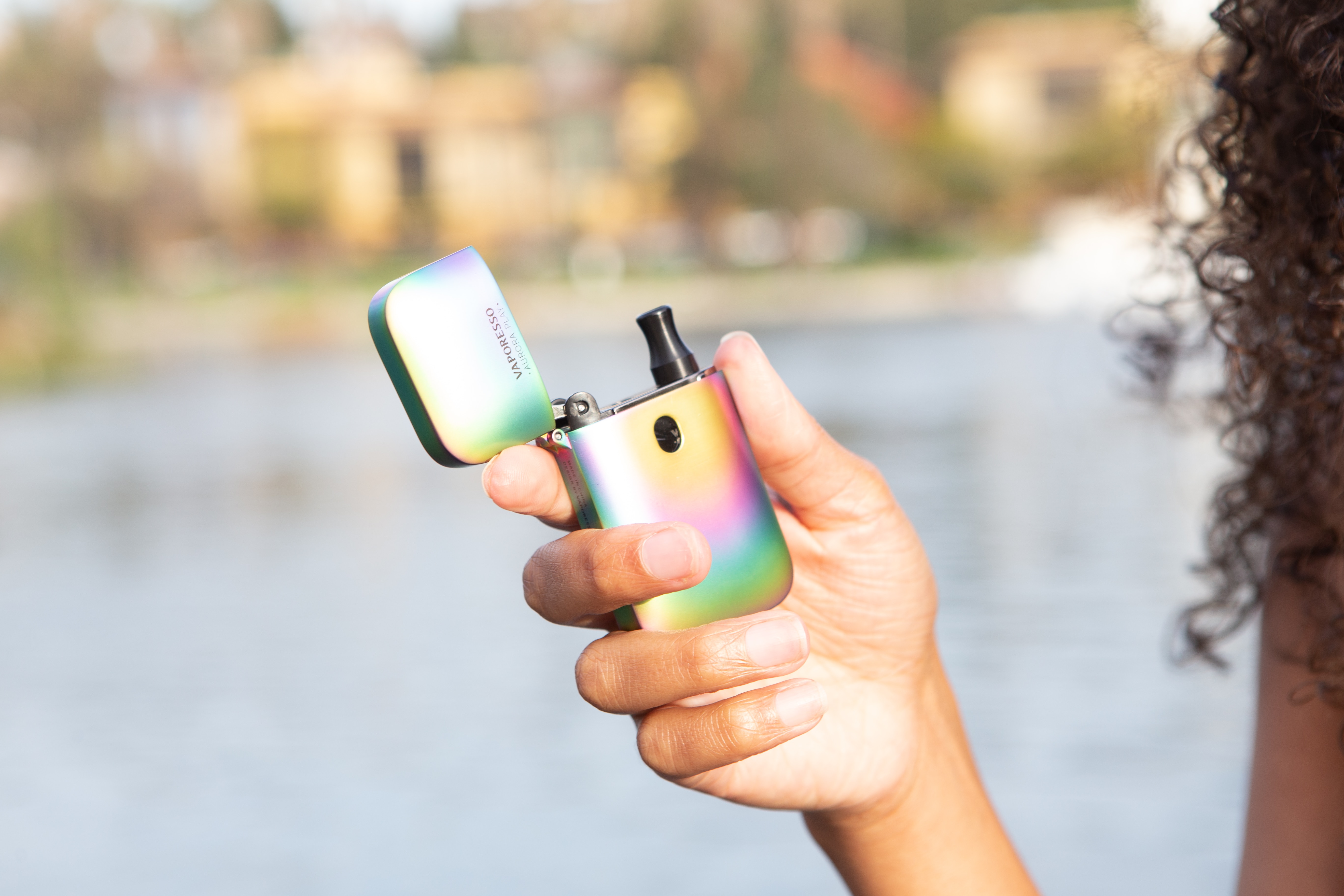
The new 'Sip Til Send' initiative at the Royal Adelaide Hospital (RAH) allows patients to sip up to 200ml of either water, diluted cordial, black tea or coffee every hour until their surgery.
The approach was first introduced at the Ninewells Hospital and Medical School in Scotland in 2021 and has since been rolled out to 50 hospitals across the world.
Earlier this month, the RAH introduced the initiative for all surgeries, making it the first hospital in the state and the second in Australia to implement the program.
Traditionally, all patients undergoing surgery are required to fast from liquids for at least two hours prior to reduce the risk of aspiration under anaesthesia, which can be fatal.
Unfortunately, patients often end up fasting for far longer than necessary for several reasons, such as cases taking longer than anticipated and changes to surgery lists due to priority of emergency cases.
In recent years, a growing number of studies have shown that fasting guidelines are out of step with clinical practice as it is almost impossible to meet the times in the guideline. It is actually far safer for patients to consume a small amount of liquid before surgery than the harm caused by prolonged fasting.
This is due to the risk of aspiration being very low and dehydration often leading to more problems, especially for older patients.
Patients at the RAH will still be required to food fast for at least six hours before their surgery, while some patients will be exempt from Sip Til Send for medical or surgical reasons.
Central Adelaide Local Health Network (CALHN) Surgery Program Nurse Lead Kristian Sanchez said her team was working closely with its counterparts in Scotland.
“The RAH is leading the way in South Australia, becoming the first hospital to ease strict liquid restrictions so surgery patients can now drink clear fluids right up until they go into theatre,” she said.
“We are working closely with the lead anaesthetist and nursing team for this project in Scotland to ensure we adopt this new policy as smoothly and effectively as possible.
“Fluid fasting can be uncomfortable so we hope this change will help ease our patient’s anxiety and prevent postoperative complications associated with dehydration.”






